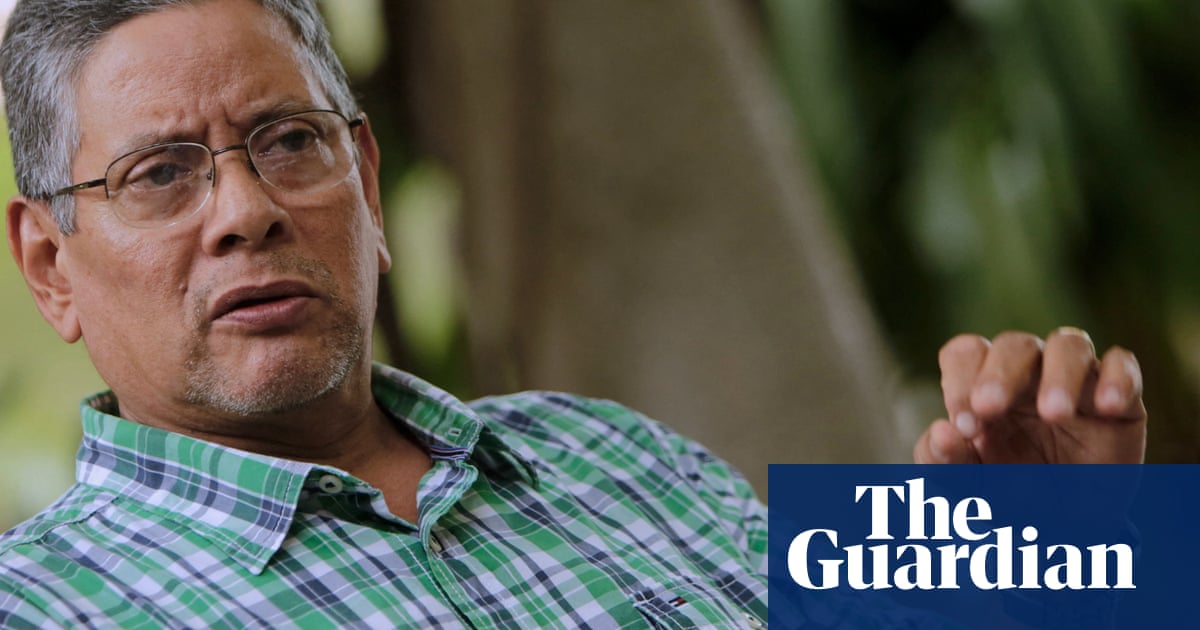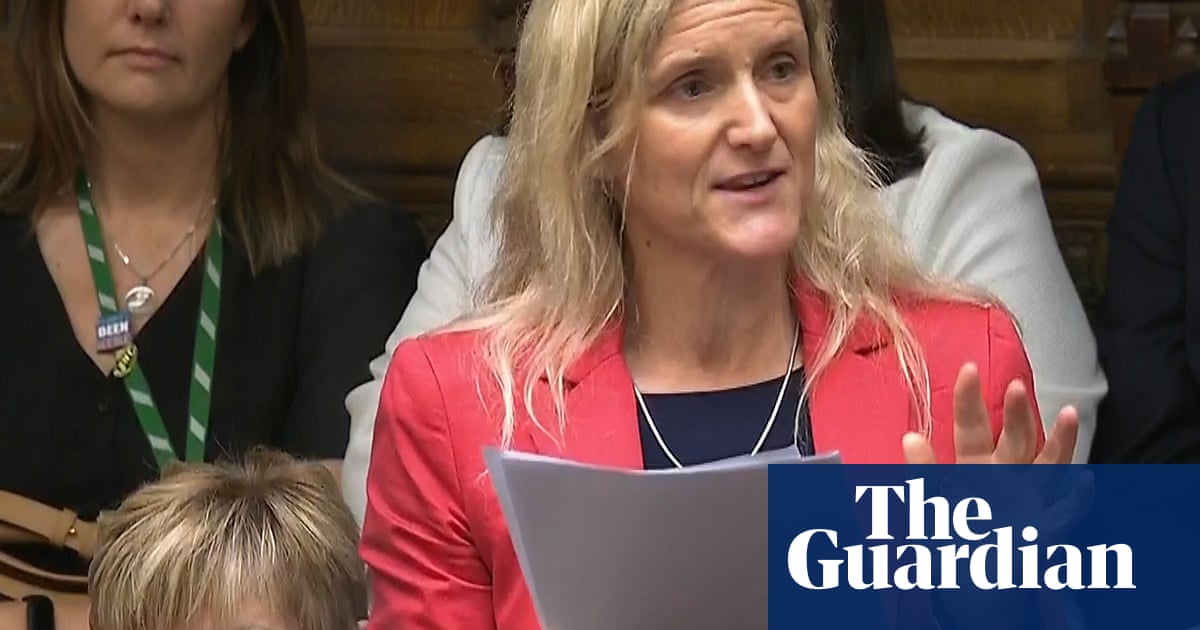Keir Starmer’s artificial intelligence tsar, a key figure in steering the government’s approach to artificial intelligence, is stepping down after six months in the role.
Matt Clifford, the author of the government’s AI opportunities action plan, said: he would leave his post next month for personal reasons.
He described his work on drafting and implementing the 50-point plan as a “privilege”, adding he was “hugely optimistic about the UK’s potential to be an AI superpower”.
“For family reasons, I will step back from my role as the prime minister’s adviser on AI opportunities at the end of July, but I’m delighted that this important work will continue across government.”
A government spokesperson said Starmer had thanked Clifford, who was appointed in January, for his “dedicated work” on AI policy.
“We will be building on this work to bolster AI expertise across government and cement the UK’s position as a world leader in AI,” the spokesperson said.
Clifford came to prominence as a tech investor – he is the chair of the investment firm Entrepreneurs First – but was already established as an influential political adviser before Labour won the 2024 general election.
The 39-year-old played a crucial role in organising the global AI Safety summit, hosted by Rishi Sunak in 2023, and establishing the government’s AI Safety Institute, now called the AI Security Institute.
Clifford published the action plan in January and its recommendations were accepted in full by the government. They included: creating AI “growth zones” to host datacentres that are the “central nervous system” of the technology; embedding AI in the public sector; and creating “national champion” AI companies.
The plan also recommended changes to the UK’s copyright regime, reflecting the need for AI companies to use copyright-protected data to train their systems.
after newsletter promotion
The issue has become a battleground between the government and the tech sector on one side and the creative industries on the other, who argue that it poses a serious threat to creative professionals’ livelihoods.
Beeban Kidron, a crossbench peer and a leading campaigner against the proposed copyright changes, criticised the government for taking guidance from tech sector-linked advisers such as Clifford.
At the time, sources told the Guardian that Clifford had agreed not to buy or sell any of the companies he part-owns while working for the government, or to be involved in decisions on new investments made by Entrepreneurs First.

 7 hours ago
5
7 hours ago
5

















































